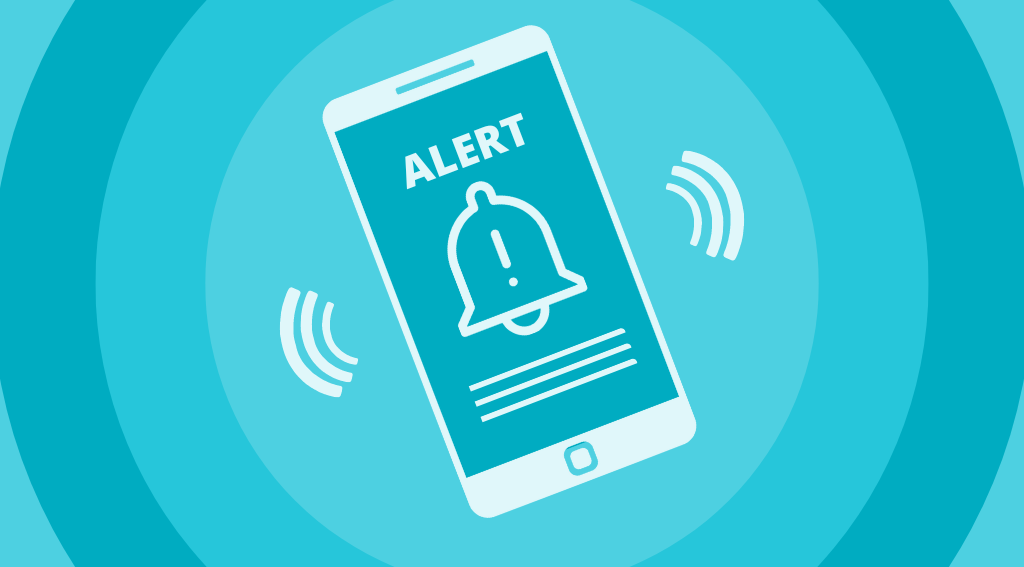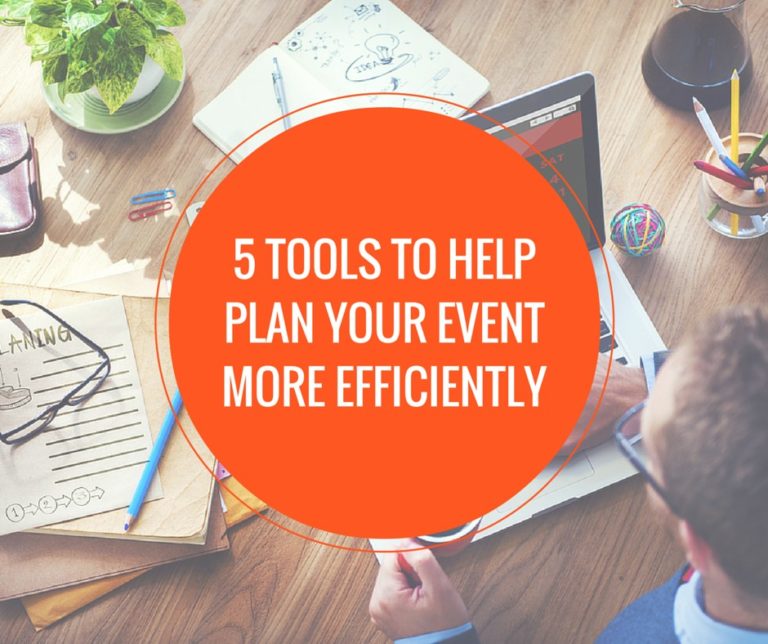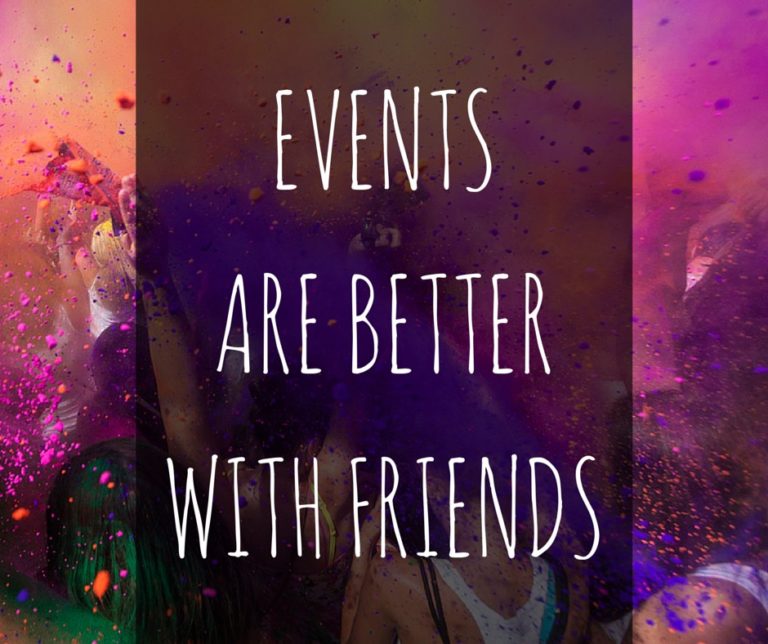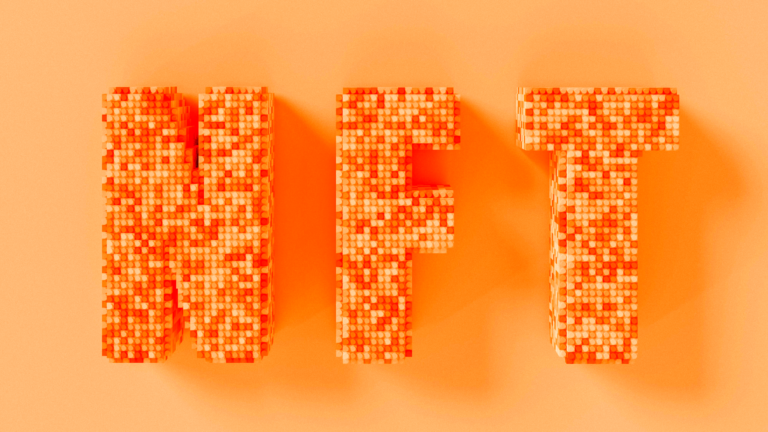When planning events, there are many moving parts to consider to ensure their success. Event notifications are arguably one of the most critical factors, as they are a prime way to keep your attendees informed on event details, updated regarding changes, and responsive about their attendance. Keep reading to learn more about how you can notify attendees and the best practices to consider when planning your event notifications.
How To Effectively Notify Your Event Attendees
Different types of events call for different planning and execution strategies. This also applies to notifications. There are many ways to make your event notifications more effective. Some of the best practices you should follow are as follows:
Match the Event Type With the Notification
The type of event you are hosting is important when planning your strategy. You should consider the style of your event and who it’s for, as well as through which channels the event will take place. Event styles can range from professional seminars to colorful festivals and everything in between. Event platforms refer to the event taking place virtually, in-person, or a hybrid of both.
You can use your event’s notifications creatively to drum up your audience’s expectations. In other words, your event notifications can be another way to get your audience excited about the upcoming event and give them an idea of its environment.
The platform on which the event takes place is also an important factor when organizing your notifications, as they should mirror the character of the event. For example, if you are having a virtual event, it would prove most effective to send out event notifications and network using an online platform. For in-person events that are taking place in a local area, you might benefit from utilizing traditional types of event notifications like billboards, flyers, or mail. Hybrid events give you the opportunity to employ both online and traditional forms of notifications to reach your target audience where they are.
Know Your Event Audience
Knowing your event audience will help you strategize for multiple aspects of your event. This is particularly important when it comes to planning your event notifications. To be effective and successful in their purpose, it is important to present them in a way that your audience can digest and will be inclined to pay attention to.
A major factor to consider when assessing your audience is their age range. For example, you would likely find it to be less effective to send out text messages to your audience if they are primarily an older crowd. This group may find it easier to engage with notifications that are presented in a physical form or a more widely used platform for this demographic like emails. In the same way, you would want to utilize virtual event notifications that are quick and to the point for a younger audience that prefers digital platforms.
Since analyzing your target audience is a major part of the overall planning of your event, you will likely have access to information on the demographics and user behavior of your attendees or potential attendees. It is considered a best practice to use this information to guide your event notifications strategy, ensuring that your notifications are accessible and attractive for your target audience.
Avoid Spam-Like Notification Updates
In the age of technology, people are finding themselves filtering out spam messages on almost every communication platform. When it comes to curating the perfect event notification strategy, it is crucial to avoid providing updates that could resemble spam. Creating messages that resemble spam could lead to your audience missing important information and updates. This can also affect the way your audience perceives their experience with your event, as feelings of being exposed to spam can trigger annoyance and frustration.
Find Balance Between Channels
It is all too easy to focus all of your efforts on one channel for your event. Although this concerted effort can prove to be effective on this specific channel, it also stunts your potential growth in other areas that could greatly impact your success. Utilizing an omnichannel experience, even in your event notifications, is a great way to not only gain traction but to also reach your audience where they are. This makes your notifications more effective and encourages engagement on multiple platforms.
Add Value By Including Key Descriptions and Instructions
Attendees want to know that these event notifications are important, which relates back to making sure that they do not come off as spam. A great way to showcase the value of your notifications is by including key descriptions within them. For example, if you are notifying your audience of a time change in your event, be sure to include the new time in the message, as well as reiterating other details such as the date and the location.
Another way to add value to your notifications is to include clear instructions that you want the attendees to follow and that lead to direct engagement. Not only does this provide you with information that might be necessary for your event, but it also gives attendees a way to let you know that they received the information in your notification and are engaged with the content.
Accurately Filter Your Event Notification Destination
Filtering your event notification destinations with accuracy is a best practice that seems simple but has a huge impact on your event’s overall success. Event notification destinations refer to where the notifications are being sent, whether that be through SMS, email, or other forms of communication. A filter is what triggers event notifications to be sent to those specific destinations.
Ensuring the accuracy of the filters that determine when and where the event notification is sent is crucial in directing the notifications to the right audience, at the right time, and in the right place. If your event notification requires a text back as a form of confirmation, it is important that the notification is sent to attendees’ phones so that they can complete the desired response.
Enable Responses From Attendees
One of the best things about event notifications is their ability to warrant a response and increase attendees’ engagement. This not only enhances the experience for the attendees, but also provides you with valuable metrics and information that can be used to strengthen your overall event. For example, responses allow you to verify the number of attendees prior to the event day. These numbers can help you adjust different areas of your strategy and plan for a specific outcome.
Types of Event Notifications
In the age of event technology, there are many different ways to push your event notifications as well as different event management tools that can be used to make this process easier. When it comes to choosing how you will push your notifications out to your attendees, it’s important that you choose a channel or platform that matches your event type and speaks to your core audience. Some of the primary ways you can send out your event notifications include:
Text Messaging
Text messaging is a great way to push quick notifications and receive a response. Although text messages offer limited branding and aesthetics, they are effective in reaching attendees. Attendees can respond to these automated texts and inform event organizers that they received them, as well as answer a question that may have been prompted in the message.
Private Messaging Apps
Private messaging apps are gaining more traction, as they allow potential attendees to subscribe to notifications. They also allow the consolidation of all of the attendees in one, consistent platform. This is more cost-efficient for event organizers than text message notifications, as they are sticking to one platform instead of bypassing different carriers, varying mobile devices, and possibly wrong numbers. When attendees are able to opt into notifications for themselves, the likelihood that they will actually receive and pay attention to them is significantly higher.
Email Notifications
Email notifications are great for offering extensive information to attendees that they can refer back to when necessary. However, emails may get lost in recipients’ inboxes. When utilizing this form of notification, it is vital to express the value of the email so that attendees are inclined to pay attention and keep it in an important folder that can be easily accessed.
Event Platforms
Utilizing event platforms is an efficient way to push notifications to attendees, and proves to be effective for users who value having all of their information in a central location. Event management platforms offer several tools to organizers that help ensure an event’s success, including the ability to push notifications and encourage engagement from attendees.
How to Automate Notifications of Events
Event notifications are one part of an event organizer’s extensive task list that can be automated so that they can place their focus and efforts on more tedious responsibilities. Event management software and platforms are a great way to make planning easier and more efficient. When it comes to event notifications, Events.com makes it simple to keep your attendees up-to-date and informed. Learn more about our event management software and how it can centralize all of your tasks and lead to a more efficient event planning process.






